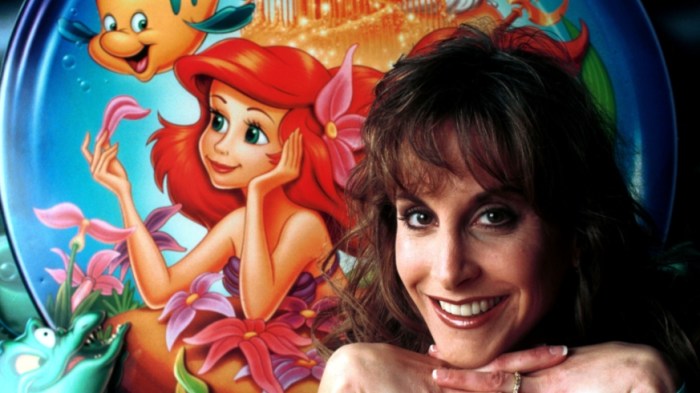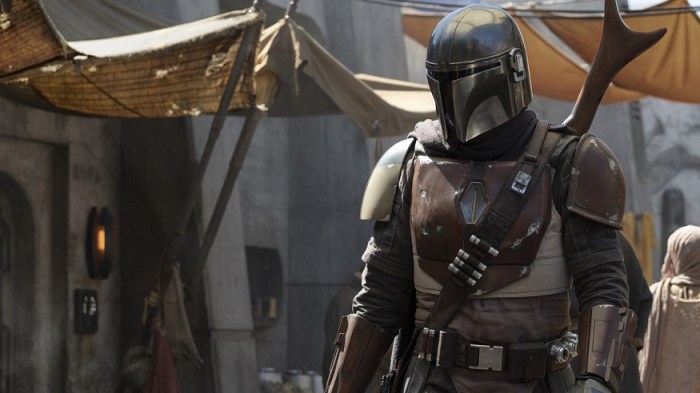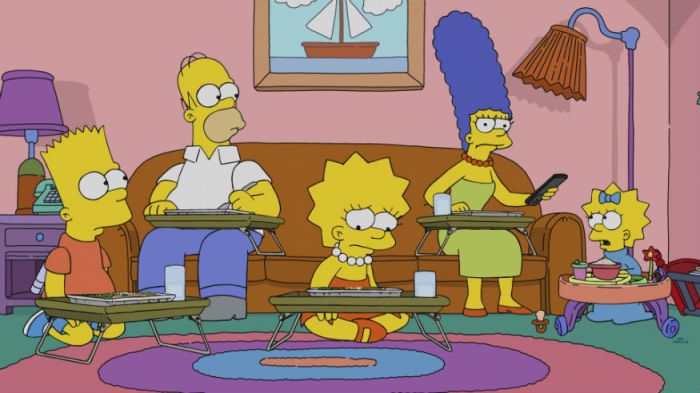Mulan, the 1999 Disney movie about a girl who impersonates a male soldier, was greeted with universal acclaim about its release, praised for its multicultural message about female empowerment.
But Vice President Mike Pence didn’t love it. In fact, he didn’t love it so much that he wrote an op-ed about it, claiming it was an attempt by a “mischievous liberal” at Disney to game the debate of women in the military. Pence spread the word and had a platform to do so: He was the host of “The Mike Pence Show,” a radio talk show in Indiana.
According to BuzzFeed News, the op-ed ran on a website for Pence’s show.
“Despite her delicate features and voice, Disney expects us to believe that Mulan’s ingenuity and courage were enough to carry her to military success on an equal basis with her cloddish cohorts,” wrote Pence. “Obviously, this is Walt Disney’s attempt to add childhood expectation to the cultural debate over the role of women in the military.”
“I suspect that some mischievous liberal at Disney assumes that Mulan’s story will cause a quiet change in the next generation’s attitude about women in combat and they just might be right,” he continued.
The film, which is based on the sixth-century fable Ballad of Mulan, convinced Pence that scenes of Mulan falling in love with her superior officer meant that women were unfit to serve in the U.S. military. (He called her Ms. Mulan in doing so, proving that Pence’s odd way with sobriquets started early. Just ask his Karen “Mother” Pence.)
“It is instructive that even in the Disney film, young Ms. Mulan falls in love with her superior officer! Me thinks the politically correct Disney types completely missed the irony of this part of the story,” Pence wrote.
Aside from the Mulan Principle, he cited an investigation into “young, nubile, 18-year-old men and women … being HOUSED together during basic training” and fixated for a bit on young, nubile sexuality:
“They likely added it because it added realism with which the viewer could identify with the characters. You see, now stay with me on this, many young men find many young women to be attractive sexually. Put them together, in close quarters, for long periods of time, and things will get interesting. Just like they eventually did for young Mulan. Moral of story: women in military, bad idea.”















